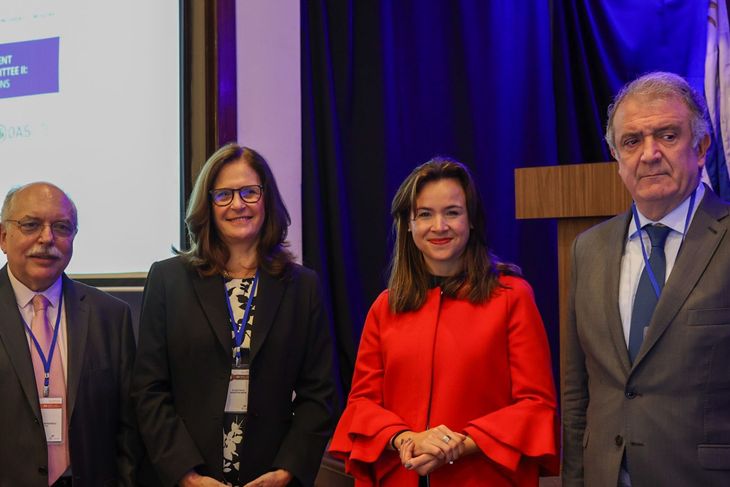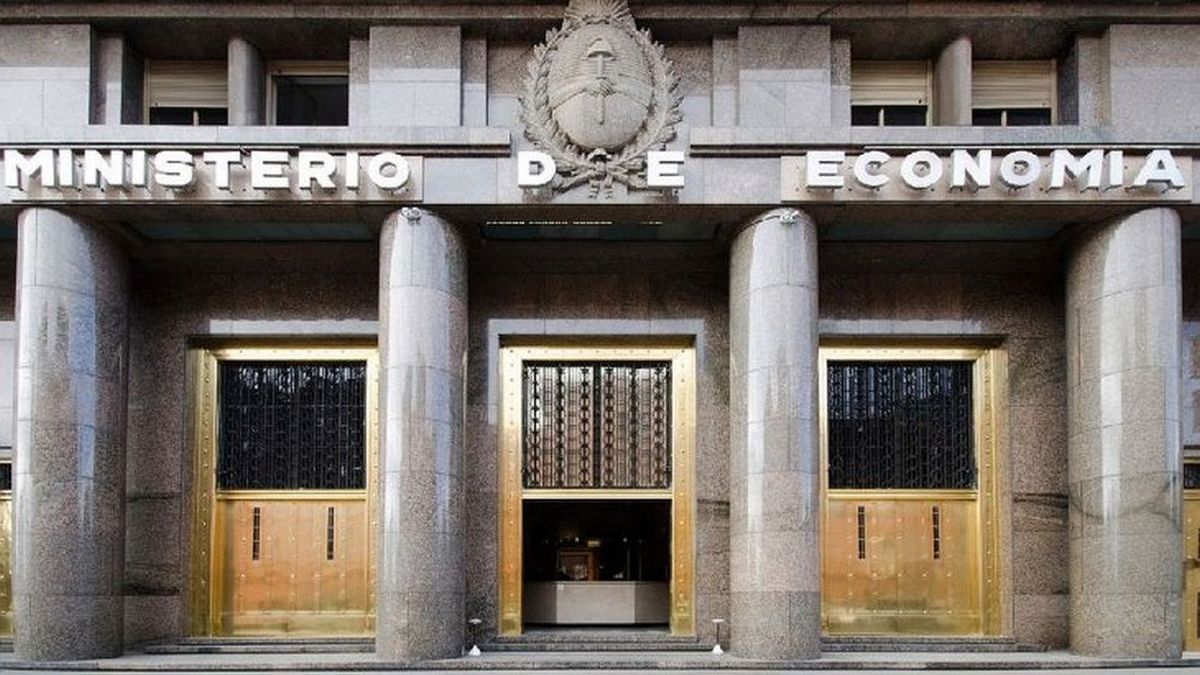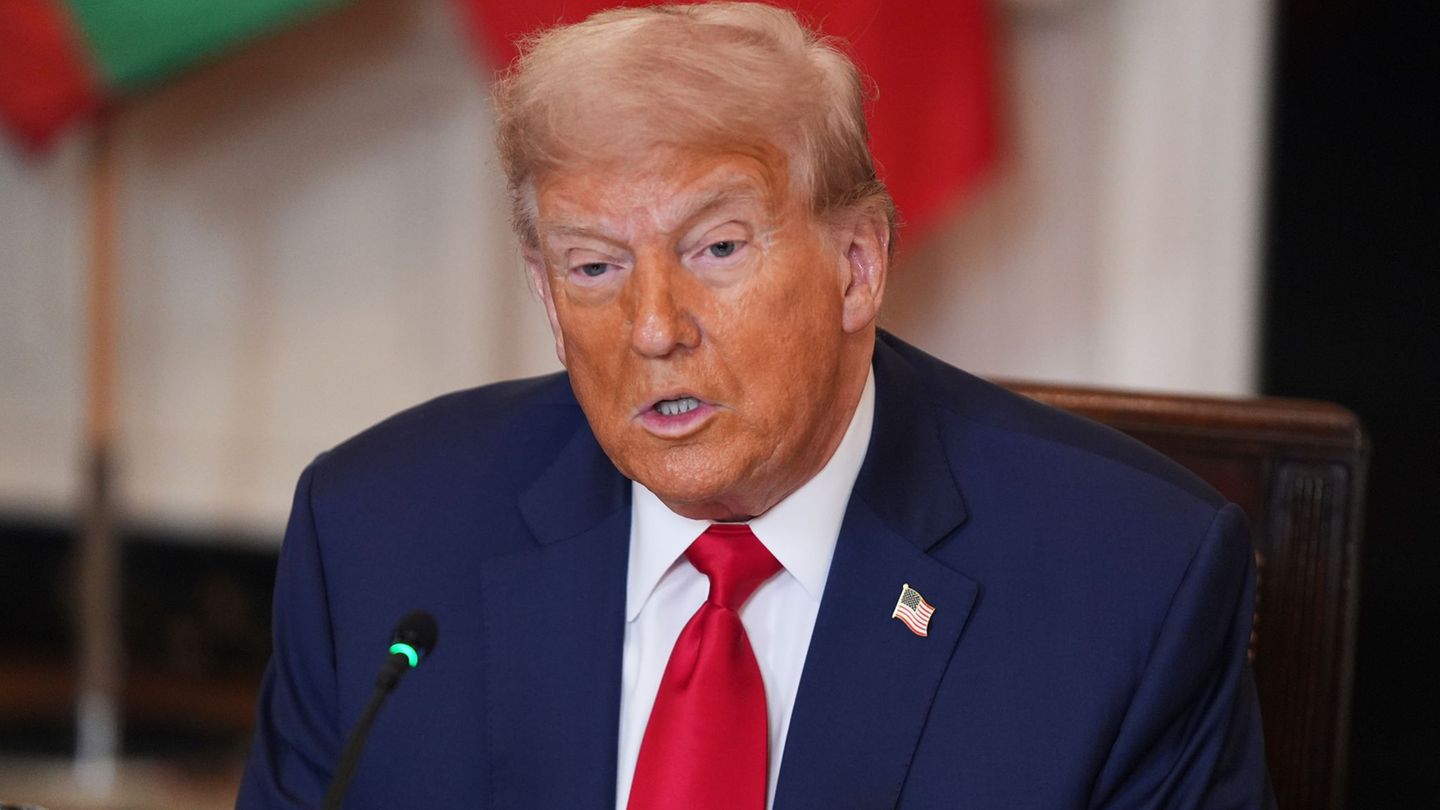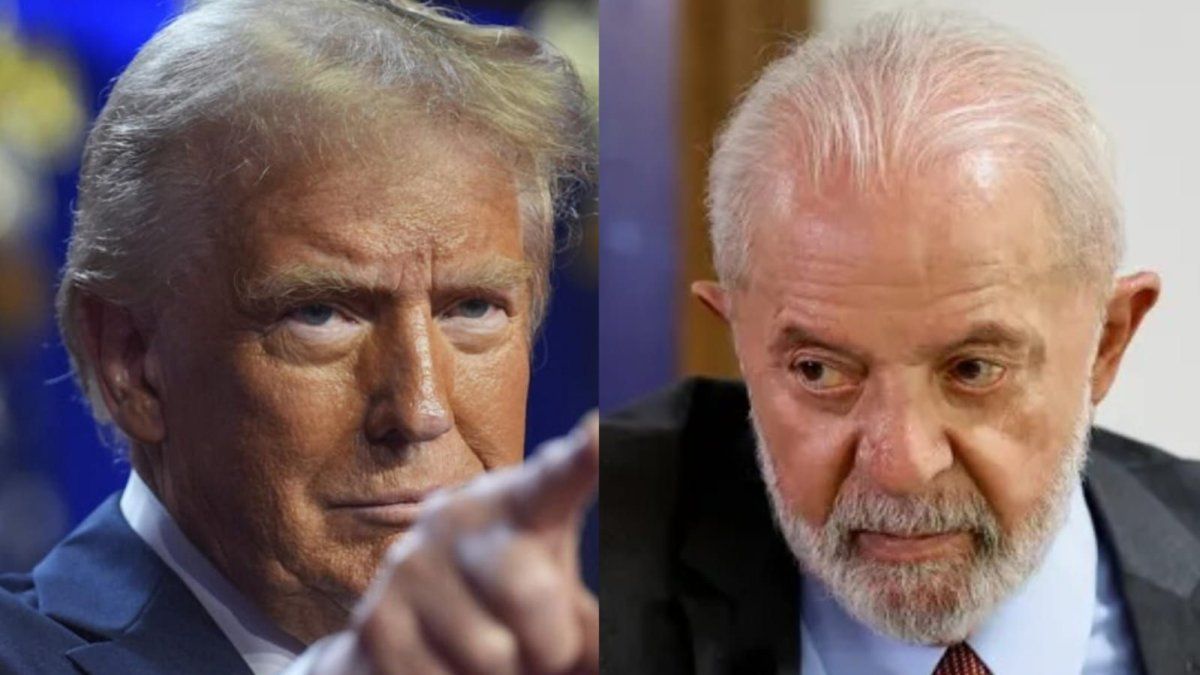Montevideo is hosting this week the meeting of the Permanent Radiocommunication Consultative Committee (CCP)organized by the Inter-American Telecommunications Commission (Citel). With the country’s progress in several issues linked as one of the axes of the debate, the regional delegates seek common positions and prepare proposals to be presented at the World Radiocommunication Conferencewhich will take place in 2027.
Citel is an entity of the Organization of American States (OAS)whose objective is to promote regional debate and cooperation on issues related to planning, coordination and harmonization with the efficient use of the radio spectrum and geostationary and non-geostationary satellite orbits for radiocommunication services.
“It is the first time that the CCP II Radiocommunications meeting is held in Uruguay and that really fills us with pride,” said the Minister of Industry, Energy and Mining (MIEM), Elisa Facio, at the opening ceremony. The leader reported that the meeting brings together about 150 delegates in person and a hundred in virtual format.
Citel 1.jpeg
Citel began a new meeting of the Participatory Committee in Montevideo, highlighting Uruguayan achievements.
Facio also referred to technological advances as a pillar of communications, mentioning in particular the advance of Internet. In this regard, he recalled that during the pandemic “there was a total dependence on broadband for work, intra-family communication, business and health.” Highlighting the importance that the connection acquired for daily life, he added that “an ecosystem that allows social and economic development must promote research for the generation of new technologies that improve radio communications services.”
Along these lines, the head of the MIEM indicated that in December 2023 the International Telecommunication Union (ITU) presented the International Information and Communication Technology Development Index. The report included 169 economies and ranked Uruguay well above the world average: “We are the fourth country in America”, Facio said.
Currently, 97% of Uruguayan households have access to health services. broadband, and 93.9% of the territory has LTE-4G coverage. Regarding this, the minister highlighted that this is a relevant piece of information that foreign investors recognize very positively.
For her part, the president of the Communications Services Regulatory Unit (Ursec), Mercedes Aramendíaalso highlighted the fact that Uruguay host for the first time the international summit to increase relations of trust between the actors of the system. “We trust that this is a new instance to continue developing wireless technologies that are increasingly important in our lives, generating new uses and applications,” he said.
In dialogue with Ambit, Aramendía affirmed that the more than 150 international delegates highlight “what is the institutional quality, the security that Uruguay It also offers the quality of the people, the warmth, that everyone feels very well received.” Specifically regarding the current state of telecommunications in the country, the leader pointed out that “in terms of radio coverage, Uruguay has today, in 3G, more than 95%, and in 4G, around 94%. In what is the optical fiber, we have more than 85% of the past homes.”
“With the number portability The market became very dynamic and we saw how the price of Gigabyte in certain cases it dropped by 80%, which means that Uruguay It is among the cheapest prices in the region, in this sense. On the other hand, I think it is very important to highlight the openness to competition to what Internet services are, which will have a direct impact on society, because we will have more services, of better quality and at a lower price. I think that, without a doubt, is very good for everyone,” reflected the president of Ursec.
Citel 2.jpeg

The head of the MIEM, Elisa Facio, and the president of the Ursec, Mercedes Aramendía, participated in the opening of the event that takes place in the Uruguayan capital.
For his part, the director of Radiocommunications Bureau of the ITU, Mario Maniewicz explained the functioning of the meeting based on the fact that “every four years there is a World Radiocommunication Conference that analyzes the intergovernmental treaty on the use of the radio spectrum and satellite orbits, that is the binding international regulation of all member countries so that everyone can use the frequencies and satellite orbits so that there is no interference between users and between services. So, each country then has to take the decisions made at that conference to the national level and put them in their laws.”
Regarding the country’s positioning in the world, the official of the international organization explained that “Uruguay has a lot credibility in the region because it has always done very serious work from a regulatory point of view, we have experts and the positions that it leads to these types of discussions are logical positions that generally generate support. It also has a development in telecommunications helped by its small size, but also by the decisions that have been made in its time such as complete digitization for a long time and coverage throughout the national territory,” he assured. “It is a good example of a progressive country in that sense,” concluded Maniewicz.
Source: Ambito




